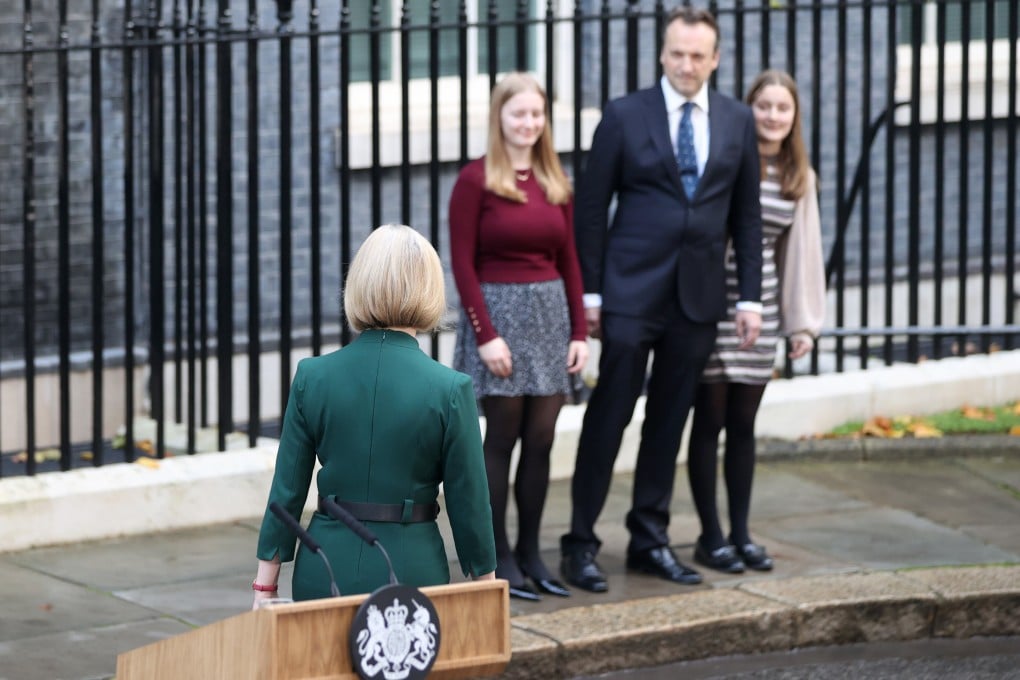Advertisement
Macroscope | Tragedy is that Liz Truss’ pro-growth plans are just what Britain badly needs
- While the former prime minister’s diagnosis of Britain’s economic problems was spot on, she fatally mismanaged both the politics and the messaging of her policy response
- The swift collapse of the Truss administration holds lessons for policymakers promoting pro-growth reforms in other countries
Reading Time:3 minutes
Why you can trust SCMP
9

Liz Truss’ stint as British prime minister is over, but she was right that the United Kingdom needs growth. Her downfall is tragic because growth is the only path out of the country’s economic dilemma.
The UK is surprisingly poor. Its GDP per capita in 2021 was just US$47,000, compared to almost US$70,000 in the United States. The average British home is one-third the size of the average US home. Worse, the country’s economy is not growing. Its GDP per capita is lower than it was in 2007. Productivity – the underlying source of economic growth – has been flat for more than a decade.
The UK desperately needs supply-side reforms. Surging inflation tells us that demand-side stimulus is a spent force.
Advertisement
If anything, Truss’ proposed reforms were too mild. A 40 per cent top marginal income tax rate would not make the UK a low-tax Shangri-La, especially considering it would also still have a 20 per cent value-added tax, national insurance taxes, property taxes, corporate taxes and more.
Truss also proposed free-market “investment zones”. But if one accepts that pro-investment tax and planning conditions are good in blighted areas, why not the whole country?
Advertisement
The UK is at a post-Brexit crossroads. Will it become a free-trade, entrepreneurial and financial hub – a “Singapore on the Thames”? Or does Brexit mean protecting and subsidising inefficient businesses and places even more than the European Union allows? Unfortunately, we now know the answer. The stage is set for further high-tax, high-subsidy, overregulated decline.
Advertisement
Select Voice
Choose your listening speed
Get through articles 2x faster
1.25x
250 WPM
Slow
Average
Fast
1.25x

